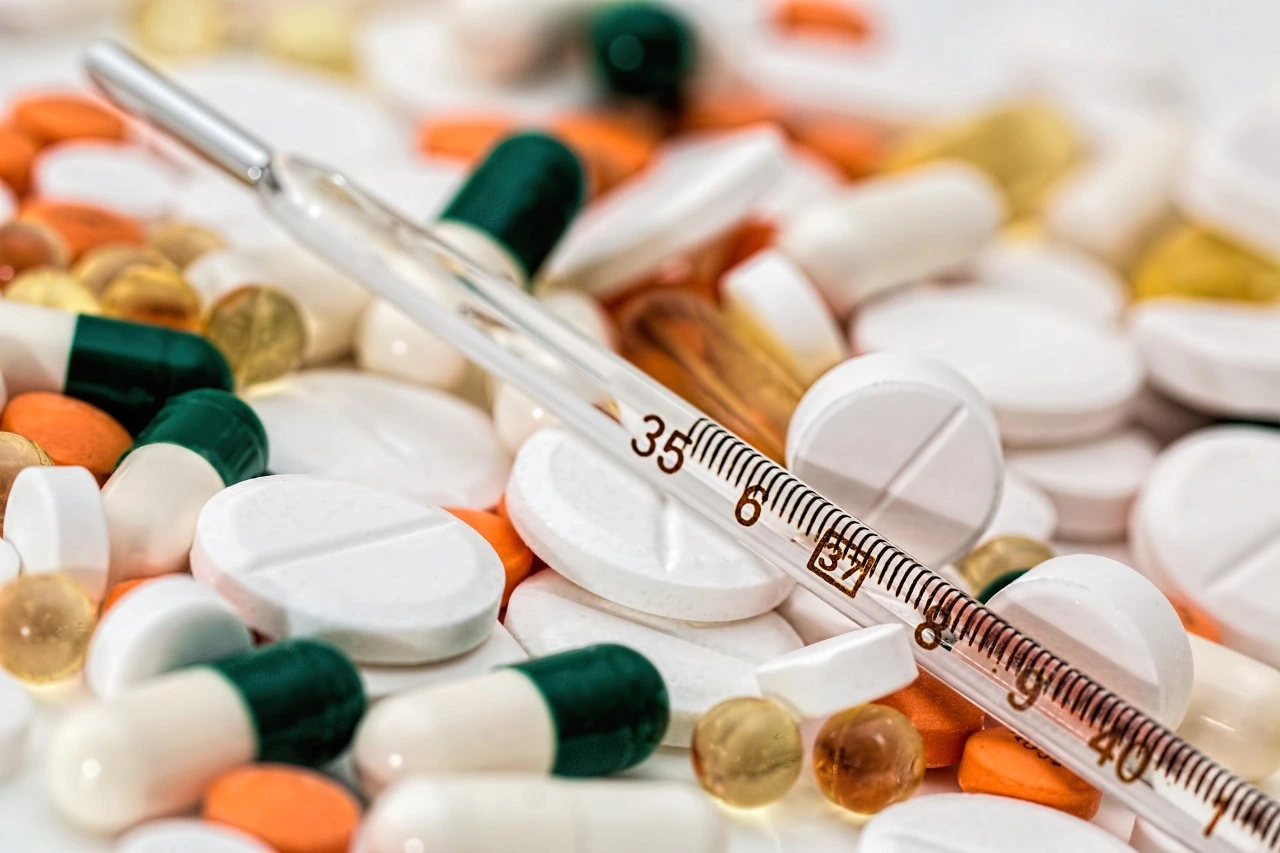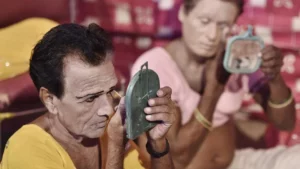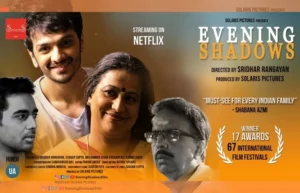A research carried out by the NYU School of Medicine reported that people who identify as lesbian, gay, bisexual, or transgender are more prone to using opioids. Opioids are narcotics that produce morphine-like effects. These can cause serious harm if taken in large amounts. Misuse of these substances is way higher in people belonging to the LGBT community compared to heterosexuals.
Sexual Abuse In Same-Sex Partners; A Growing Concern
5% of heterosexuals have misused opioids in the U.S just in the past year. However, almost 9% of the gay and lesbian community and over 11% people identifying as bisexuals fall in this category. Misuse is categorized as buying a drug without a doctor’s prescription. Starting at a young age, LGBTQ people live with everyday discrimination, marginalization, and victimization based on their sexual and gender minority statuses.
The study relies on data from among 42,802 people involved in the 2015 National Survey on Drug Use and Health (NSDUH). Study participants were surveyed about their sexual orientation. Moreover, any misuse of opioids in the past year, as well as past-month and past-year prescription opioid use was also accounted for.
Moreover, data pooled from 35 earlier studies show that sexual minority youth were more than three times as likely to attempt suicide as heterosexual peers. Many LGBT youth have trouble accepting who they are because of the way they are seen by others. Researchers found that LGBT people are more prone to using alcohol or drugs. Women who identified as bisexual were twice as likely to misuse opioids when compared with individuals with other sexual orientations.
“Our study highlights that adults of sexual minority status. Most of them being women identifying as bisexual — are at increased risk for opioid misuse,” said senior study author Joseph J. Palamar. “With the opioid crisis escalating nationwide, it is important to focus on preventing misuse among groups at highest risk.”
This Self Lubricating Condom is Changing The Sex Game
Opioids are used excessively among the LGBT community as a coping mechanism. It is important to focus on preventing misuse among groups at highest risk.
By Abhishek Aggarwal



